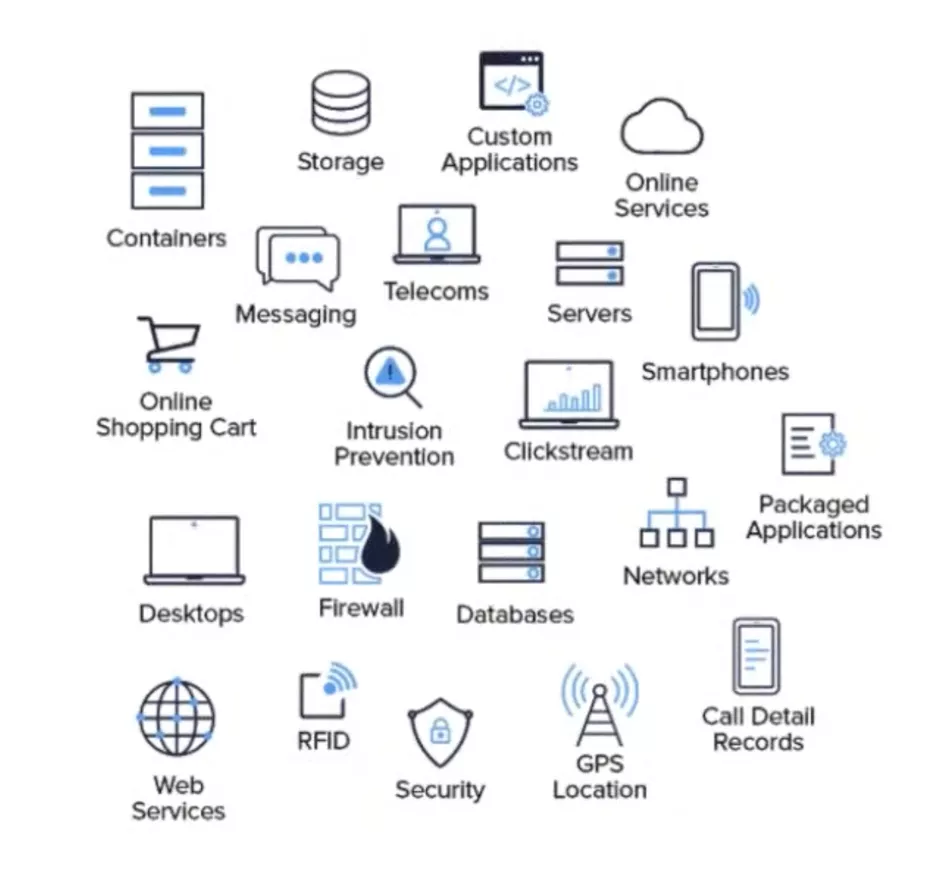Log Files: Definition, Types, and Importance – CrowdStrike
September 23, 2022
A log file is an event that took place at a certain time and might have metadata that contextualizes it.
Log files are a historical record of everything and anything that happens within a system, including events such as transactions, errors and intrusions. That data can be transmitted in different ways and can be in both structured, semi-structured and unstructured format.
The basic anatomy of a log file includes:
However, depending on the type of log source, the file will also contain a wealth of relevant data. For example, server logs will also include the referred webpage, http status code, bytes served, user agents, and more.
Just about everything produces some version of a log, including:
The list goes on, but the point is, almost all infrastructure that you interact with on a daily basis produces a log file.
Log files can provide almost every role at an organization with valuable insights. Below are some of the most common use cases by job function:
ITOps
DevOps
DevSecOps
SecOps/Security
IT Analysts
Nearly every component in a network generates a different type of data and each component collects that data in its own log. Because of that, many types of logs exist, including:
While there are seemingly infinite insights to be gained from log files, there are a few core challenges that prevent organizations from unlocking the value offered in log data.
With the rise of the cloud, hybrid networks, and digital transformation, the volume of data collected by logs has ballooned by orders of magnitude. If almost everything produces a log, how can an organization manage the sheer volume of data to quickly realize the full value offered by log files?
Unfortunately, not all log files follow a uniform format. Depending on the type of log, the data may be structured, semi-structured or unstructured. In order to absorb and derive valuable insights from all log files in real-time, the data requires a level of normalization to make it easily parsable.
According to Gartner, many organizations, especially midsize enterprises and organizations with less-mature security operations, have gaps in their monitoring and incident investigation capabilities. The decentralized approach to log management in their IT environments makes detecting and responding to threats nearly impossible.
In addition, many organizations rely on SIEM solutions that are limited by cost and capability. SIEM licensing models are based on the volume or velocity of data ingested by the SIEM often increase costs for the technology, making broad data collection cost-prohibitive (although many log management tools have similar pricing models). In addition, as data volumes grow, SIEM tools might experience performance issues, as well as increasing operations costs for tuning and support.
Falcon LogScale Community Edition (previously Humio) offers a free modern log management platform for the cloud. Leverage streaming data ingestion to achieve instant visibility across distributed systems and prevent and resolve incidents.
Falcon LogScale Community Edition, available instantly at no cost, includes the following:
Get Started Free




